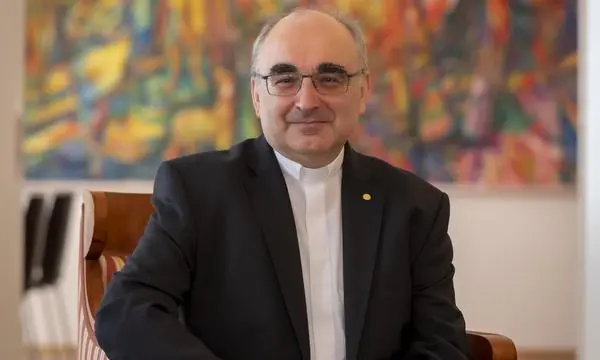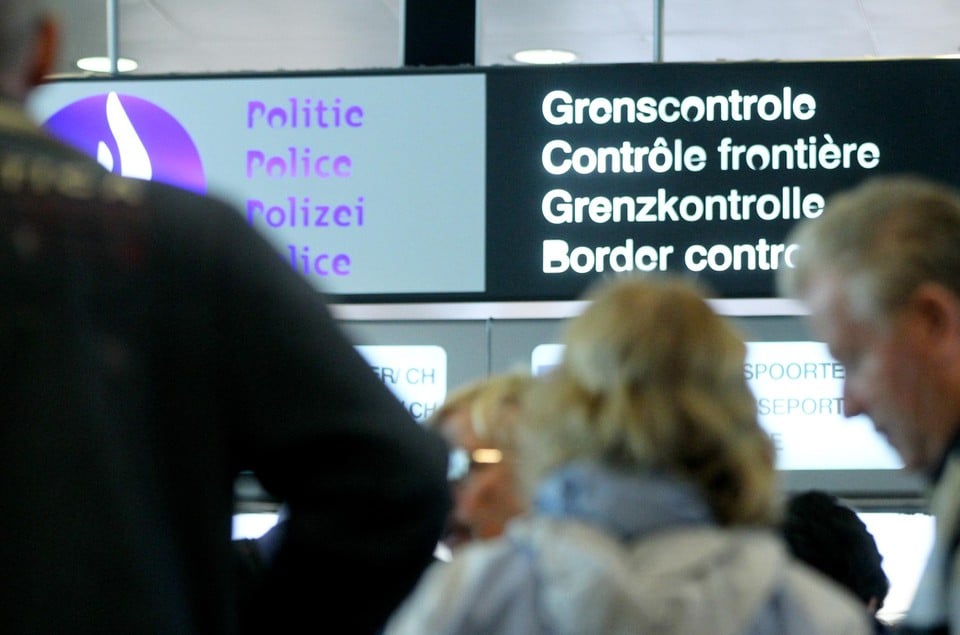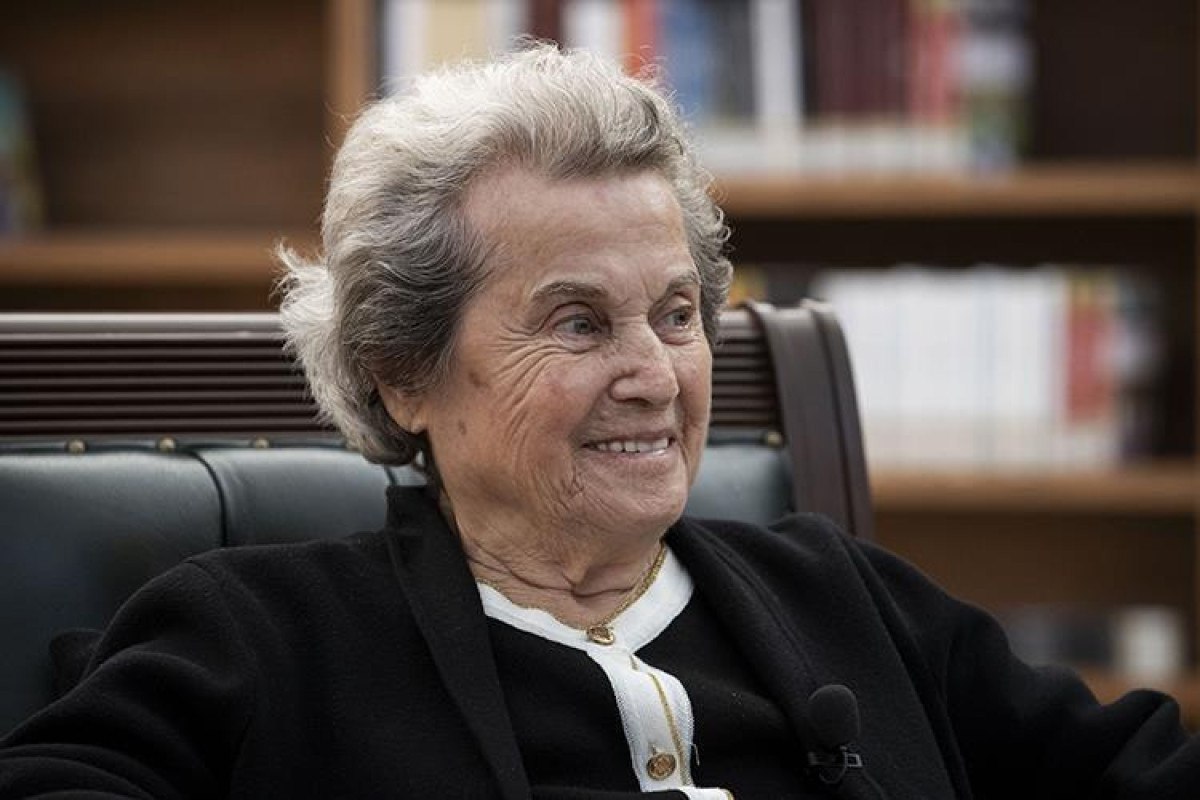Local communities have a key role to play in retrieving the link – Liberation

Faced with the distrust of citizens vis-à-vis the State, institutions or politics, what role can local authorities play? Such was the object of a conference organized in Rouen by the national center of the territorial public service. An event that Release is a partner.
Our era is marked by a deep crisis in social cohesion and living together. Breakfast, distrust of institutions, climbing populisms: so many symptoms of an uncertain world where benchmarks vacillate. The state seems to be fading, while citizens feel left. The challenges are immense: climate change, geopolitical tensions, digital revolution … Our societies appear paralyzed in the face of the assaults of reactionary ideologies. Social networks, far from bringing us closerlock us in bubbles, amplifying distrust of the collective and institutions.
And yet, the aspiration for a more inclusive and participatory public action has been so strong. The demand for local democracy is real, but paradoxical: while citizens want to be more involved, we are witnessing a withdrawal that weakens local dynamics and complicates the work of elected officials and territorial agents.
Local communities, however, have a key role to play in taking up the link and ensuring living together. Faced with such a crisis of confidence, they are now on the front line, with concrete levers to strengthen social cohesion : Urban development promoting diversity, integration devices, access to culture and sport, participatory budgets. Proximity agents, executives, local elected officials: all are decisive to maintain a quality public service and preserve social ties.
However, they must deal with contradictory injunctions: responding to everyday emergencies while anticipating the profound changes in our society, with often limited means. The complexification of public policies and the constant pressure for quick results make their mission always more difficult. In addition, the State always transfers more responsibilities without the corresponding resources. This contradiction feeds the feeling of abandonment and distrust of elected officials: 70 % of French people declare that they no longer have confidence in politics. It’s time to change paradigm.
Training and supporting these actors are essential steps to meet these challenges with efficiency and commitment. The CNFPT has a key role: by developing the skills of agents, by promoting the exchange of good practices, by providing tools adapted to local realities. In a rapidly changing world, it is imperative to arm communities to innovate and meet the expectations of citizens.
It is necessary to strengthen local democracy by recreating common in a fragmented society and by proposing a governance which allows everyone to feel fully actor of the collective project. Indeed, it is not enough to decree citizen participation, it is necessary to create the conditions so that it is real and effective. To achieve this, we must invest in ambitious and innovative policies: encourage dialogue, support local initiatives, promote the sharing and knowledge of innovative practices, strengthen the training of public officials.
These are the projects to open To build a more united and resilient company. Local communities must take their share of responsibility in this major challenge, with the support of a State which, far from fear, must trust them, while respecting the values of the Republic. The future of our democracy is also played at the local level. It is up to us to build a future where democracy and social cohesion rhyme with commitment and innovation.








